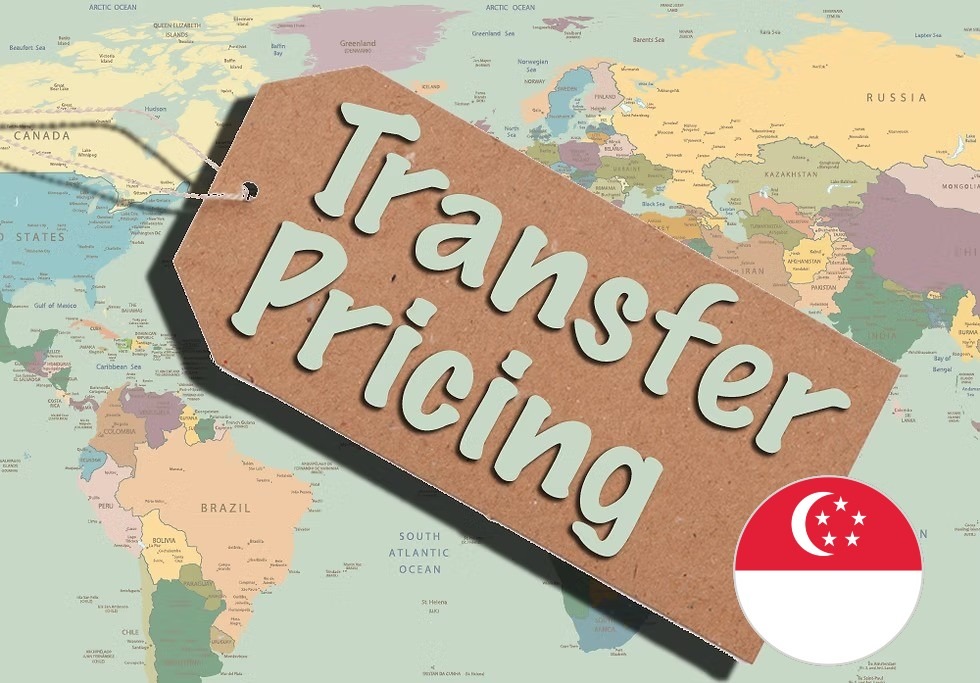Transfer Pricing in Singapore: A Guide for Related Party Transactions
Introduction: Understanding Transfer Pricing in Singapore
Transfer pricing in Singapore refers to the pricing of goods, services, and intangible assets exchanged between related parties, such as a Singapore company and its foreign subsidiary, or between companies under common control. These transactions must comply with the arm’s length principle, meaning they should reflect pricing that independent third parties would agree to under similar conditions.
Failure to comply with Singapore’s transfer pricing regulations can lead to tax adjustments, penalties, and increased scrutiny by the Inland Revenue Authority of Singapore (IRAS). This guide will help you understand your responsibilities, avoid common pitfalls, and show how USAFE can support your business in maintaining proper documentation.
Why Transfer Pricing Compliance Matters
In Singapore, transfer pricing is not just a documentation exercise—it’s a core compliance issue that affects how your business is taxed. IRAS enforces these rules to prevent profit shifting between related entities that could result in tax avoidance.
Non-compliance may result in:
-
Transfer pricing adjustments to increase your taxable income
-
A surcharge of up to 5% on adjusted amounts
-
Exposure to IRAS audits and investigations in future years
Staying compliant demonstrates good governance and protects your business from unnecessary tax risks.
Examples of Related Party Transactions That Require Transfer Pricing
Common types of transactions that require arm’s length pricing include:
-
Sale of goods between a Singapore parent and overseas subsidiary
-
Provision of intra-group management, technical, or IT services
-
Licensing of intellectual property such as trademarks or software
-
Loans, credit facilities, or financial guarantees within the group
-
Cost-sharing for research and development or back-office support
Image suggestion: Insert a visual titled related-party-transactions-diagram.jpg
ALT tag: “Diagram of related party transactions in transfer pricing Singapore”
Transfer Pricing Requirements by IRAS
Since the Year of Assessment (YA) 2019, Singapore companies are required to prepare contemporaneous transfer pricing documentation if they:
-
Have annual gross revenue exceeding S$10 million, and
-
Enter into related party transactions that exceed specified thresholds
Your transfer pricing file must include:
-
Group-level documentation (overview of group structure, business activities, financial data)
-
Entity-level documentation (details of Singapore operations and functions)
-
Functional analysis (functions performed, assets used, risks assumed)
-
Transfer pricing method used (and justification for method selection)
-
Benchmarking study (comparables to support pricing)
This documentation must be ready within 30 days when requested by IRAS.
What Are the Penalties for Not Complying?
If your transfer pricing documentation is inadequate or missing, IRAS may impose:
-
A 5% surcharge on the amount of transfer pricing adjustment
-
Additional income tax based on the adjusted figure
-
Potential backdating of assessments and interest charges
-
Heightened risk of full IRAS tax audits
Even for SMEs, the costs of non-compliance can be significant.
When Should You Prepare Transfer Pricing Documentation?
Transfer pricing documentation is not just for large multinationals. SMEs involved in related party transactions—even if informal—are encouraged to maintain pricing support documents and agreements.
Best practices include:
-
Conducting an annual review of intercompany pricing
-
Updating service agreements and pricing policies
-
Preparing documentation proactively, not reactively
-
Using local comparables and accepted IRAS methods
How USAFE Helps with Transfer Pricing in Singapore
At USAFE, we understand the needs of growing businesses. We help SMEs and mid-sized companies stay compliant with Singapore’s transfer pricing requirements through:
-
Preparation of full Group and Entity-level transfer pricing documentation
-
Local and regional benchmarking studies using accepted databases
-
Selection and application of appropriate transfer pricing methods
-
Advisory on intercompany service agreements and cost-sharing models
-
Support during IRAS tax audits or clarifications
Our approach is cost-effective, practical, and IRAS-compliant, ensuring your business is protected without unnecessary complexity.
Speak to Our Transfer Pricing Experts
If you’re unsure whether your business needs transfer pricing documentation—or if you already have related party transactions—reach out to USAFE today.
Our experienced advisors will evaluate your current arrangements, identify gaps, and guide you through a practical and compliant transfer pricing strategy for Singapore.
Contact us now for a free consultation and make sure your company is ready for IRAS scrutiny.
Disclaimer: This article is for informational purposes only and does not constitute any professional advice. Feel free to contact us to consult with our professional advisors team for personalized advice and guidance.
Sources: https://www.iras.gov.sg/taxes/corporate-income-tax/specific-topics/transfer-pricing/






